
Social Success on the Carnivore Diet: Tips for Staying Committed at Gatherings and Restaurants
Social gatherings often mean a spread of carb-heavy foods and tempting desserts that can make sticking to the carnivore diet feel tricky. But with a b...
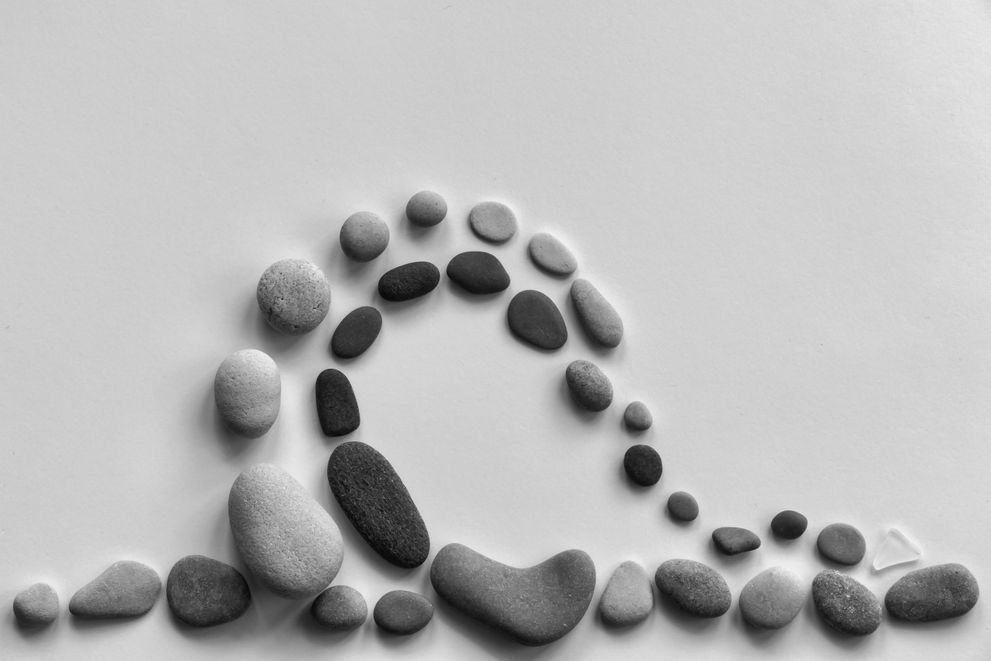
Kidney stones can be an incredibly painful and frustrating experience, and if you’re a woman dealing with this issue, you’re not alone. According to the National Kidney Foundation, nearly 10% of people will have a kidney stone at some point in their lives, and women are increasingly affected. In 2024, understanding the best diets for women with kidney stones is more crucial than ever.
Let’s dive into what works, what doesn’t, and how you can make dietary changes that could prevent kidney stones from forming in the first place.

Kidney stones are hard deposits made of minerals and salts that form inside your kidneys. They can develop due to several factors, including diet, obesity, certain medical conditions, and even some supplements and medications.
For women, hormonal changes, particularly during menopause, can increase the risk of developing kidney stones. Additionally, women who are pregnant or have recently given birth are at a higher risk due to changes in their urinary tract. Other risk factors for kidney stones in women include genetic predisposition, obesity, metabolic syndrome, and conditions like hyperparathyroidism or recurrent urinary tract infections.
The most common types of kidney stones are:
Let’s explore the most effective diets for managing and preventing kidney stones, based on the latest research and nutritional guidelines.
The Dietary Approaches to Stop Hypertension (DASH) diet is not just for lowering blood pressure; it’s also beneficial for kidney stone prevention. The DASH diet emphasizes the consumption of fruits, vegetables, whole grains, and low-fat dairy products while limiting sodium, red meat, sweets, and sugary beverages.
Why It Works: The DASH diet is rich in calcium and low in oxalate, which can help reduce the risk of calcium oxalate stones. A study published in the Clinical Journal of the American Society of Nephrology found that women who adhered to the DASH diet had a 40% lower risk of developing kidney stones. Another study in the Clinical Journal of the American Society of Nephrology noted that participants on the DASH diet experienced a 20% reduction in urinary calcium levels, which is beneficial in preventing stone formation.
Practical Tip: Focus on incorporating a variety of fruits and vegetables into your meals, and choose whole grains like brown rice and quinoa over refined grains. For example, aim to fill half of your plate with fruits and vegetables, one-quarter with lean protein, and one-quarter with whole grains.
Since calcium oxalate stones are the most common type, reducing oxalate intake can be key for many women. Oxalates are found in many plant-based foods, but some have much higher levels than others.
Why It Works: By limiting high-oxalate foods, you reduce the amount of oxalate in your urine, which decreases the risk of stone formation. Foods high in oxalates include spinach, beets, nuts, and chocolate. However, it’s important to note that you don’t need to eliminate these foods entirely. Instead, focus on balancing oxalate-rich foods with calcium-rich foods during meals. This pairing can help bind oxalate in the digestive tract, preventing it from being absorbed into the bloodstream.
Practical Tip: If you’re eating high-oxalate foods like spinach, pair them with a calcium-rich food such as low-fat cheese or yogurt. Aiming for about 1,000-1,200 mg of dietary calcium per day can help mitigate the risk of stone formation without reducing oxalate excessively.
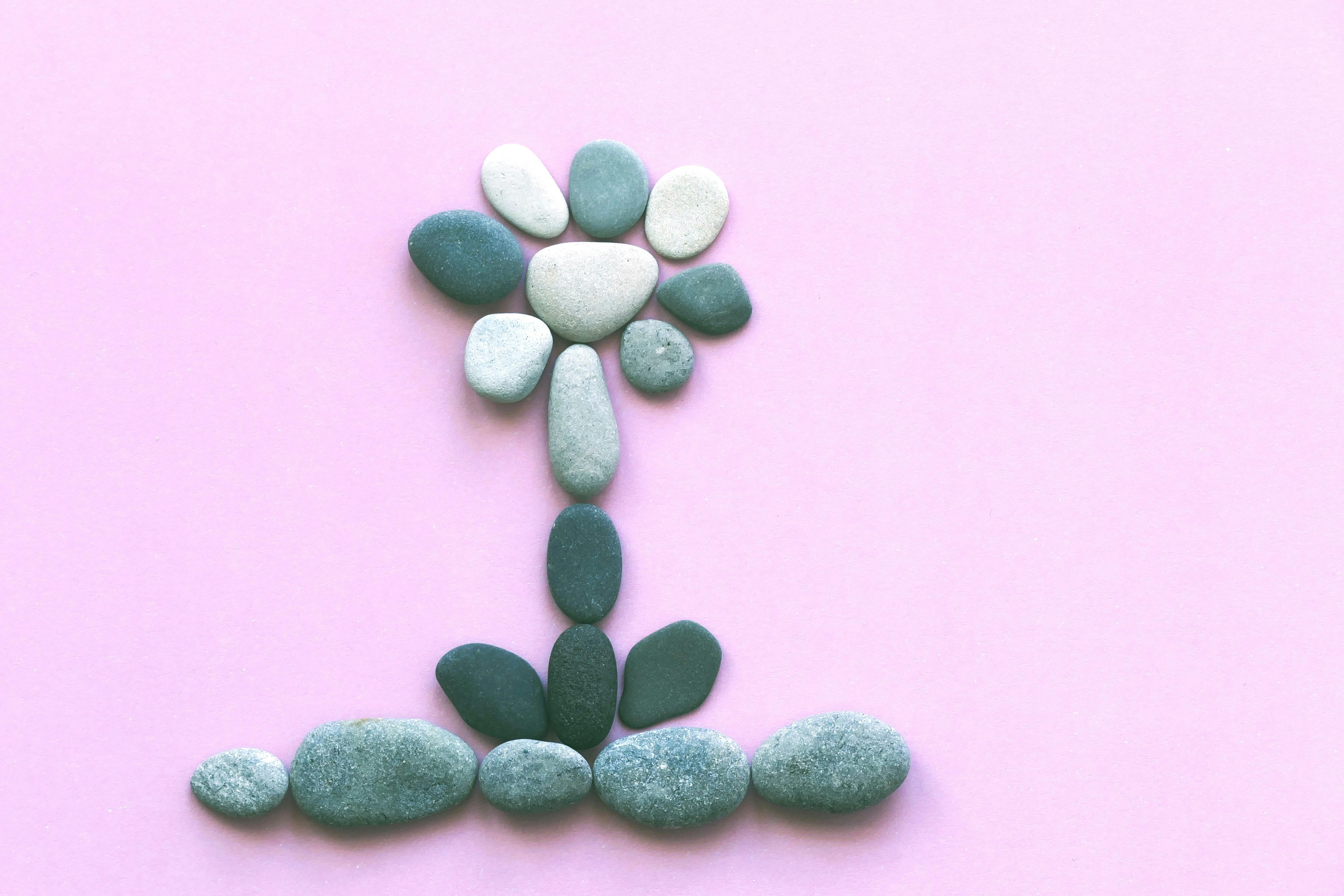
High sodium intake can increase calcium in the urine, which may lead to stone formation. A low-sodium diet involves limiting processed foods, salty snacks, and adding less salt to your meals.
Why It Works: Reducing sodium intake helps lower calcium levels in the urine, which is especially beneficial for women prone to calcium oxalate stones. A study from the Korean Journal of Urology showed that reducing sodium intake to less than 2,300 mg per day (about 1 teaspoon of salt) reduced the recurrence of kidney stones by 30%.
Practical Tip: Opt for fresh, whole foods and use herbs and spices to flavor your meals instead of salt. Check food labels and aim for products with less than 140 mg of sodium per serving. Foods like fresh fruits, vegetables, lean meats, and low-fat dairy are naturally low in sodium.
While not a “diet” in the traditional sense, proper hydration is one of the most effective ways to prevent kidney stones. Drinking plenty of fluids helps dilute substances in the urine that lead to stones.
Why It Works: Increasing fluid intake helps ensure that you produce enough urine to prevent the concentration of minerals that can form stones. The American Urological Association recommends women drink at least 2.7 liters (about 91 ounces) of fluids daily. According to a study in the Contemporary Clinical Trials, increasing fluid intake to produce at least 2.5 liters of urine per day can reduce the risk of kidney stone recurrence by up to 60%.
Practical Tip: Carry a reusable water bottle with you throughout the day to remind yourself to drink. You can also include other beverages like herbal tea and lemon water, which can be beneficial for stone prevention. Be cautious with sugary or caffeinated drinks, as these can contribute to dehydration.
Here’s a quick rundown of foods to avoid and include in your diet if you’re at risk for kidney stones:
A study from the Journal of Urology indicated that dietary modifications could reduce the risk of kidney stones by up to 50%. Moreover, the National Institute of Diabetes and Digestive and Kidney Diseases (NIDDK) states that women who followed a low-sodium and low-oxalate diet had a 20% lower recurrence rate of kidney stones compared to those who didn’t make dietary changes.
A: If you are prone to oxalate stones, it’s best to limit high-oxalate nuts like almonds and cashews. However, you can enjoy nuts lower in oxalates, like peanuts and pecans, in moderation. Pairing nuts with a calcium-rich food can help reduce the risk of stone formation.
A: While most fruits are safe, you should limit high-oxalate fruits like rhubarb and star fruit. Focus on citrus fruits like lemons and oranges, which can help prevent stones. A study in the British Journal of Urology found that women who consumed citrus fruits regularly had a 33% lower risk of developing kidney stones.
A: You should aim to drink enough fluids to produce at least 2.5 liters of urine per day, which usually requires consuming about 3 liters (or roughly 100 ounces) of fluids daily. A study from the Cochrane Database of Systematic Reviews suggests that adequate hydration can reduce the risk of stone recurrence by up to 60%.
A: No, in fact, dairy products can be beneficial because they provide calcium that binds to oxalates in the digestive tract, preventing them from being absorbed into the bloodstream and then excreted into the urine. A study published in the New England Journal of Medicine found that a diet high in dietary calcium can reduce the risk of kidney stones by about 34%.
A: Certain supplements and medications can increase the risk of kidney stones. For example, high doses of vitamin C supplements can increase oxalate levels, while some types of diuretics and calcium-based antacids can increase calcium levels in the urine. Always consult with a healthcare provider before starting any new supplement or medication if you are prone to kidney stones.
This article is intended for informational purposes only and does not substitute professional medical advice, diagnosis, or treatment. Always seek the advice of your physician or other qualified health providers with any questions you may have regarding a medical condition. Never disregard professional medical advice or delay in seeking it because of something you have read in this article.
Managing kidney stones doesn’t have to be a daunting task. By adopting the right dietary habits, women can significantly reduce their risk and improve their overall kidney health. Remember, it’s all about making smart choices, staying hydrated, and enjoying a balanced diet. If you have any concerns or need personalized advice, it’s always best to consult with a healthcare professional or a registered dietitian.
Whether you’re currently dealing with kidney stones or looking to prevent them in the future, these diet tips for 2024 are designed to help you lead a healthier, stone-free life.

Social gatherings often mean a spread of carb-heavy foods and tempting desserts that can make sticking to the carnivore diet feel tricky. But with a b...
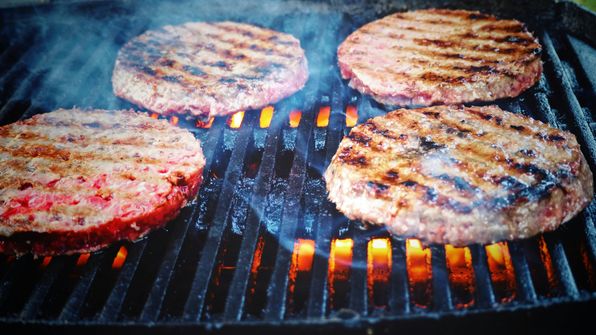
The carnivore diet is often seen as straightforward: eat meat, keep it simple. But adapting it seasonally can bring freshness, variety, and local flav...
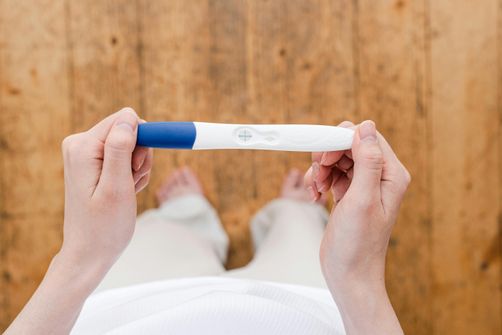
The carnivore diet has become increasingly popular, but like any extreme dietary approach, it raises important questions—especially for women concerne...

The carnivore diet has gained attention globally, but women’s experiences and cultural approaches to animal-based eating vary widely depending on wher...
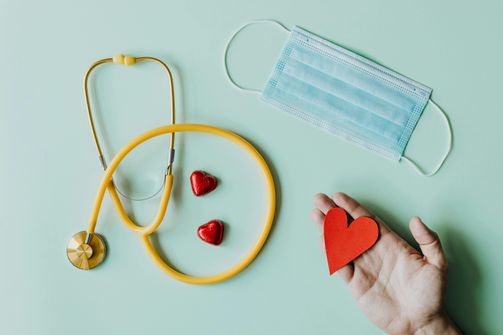
Living with Chronic Obstructive Pulmonary Disease (COPD) can make everyday activities feel like a marathon, especially for women who are juggling heal...